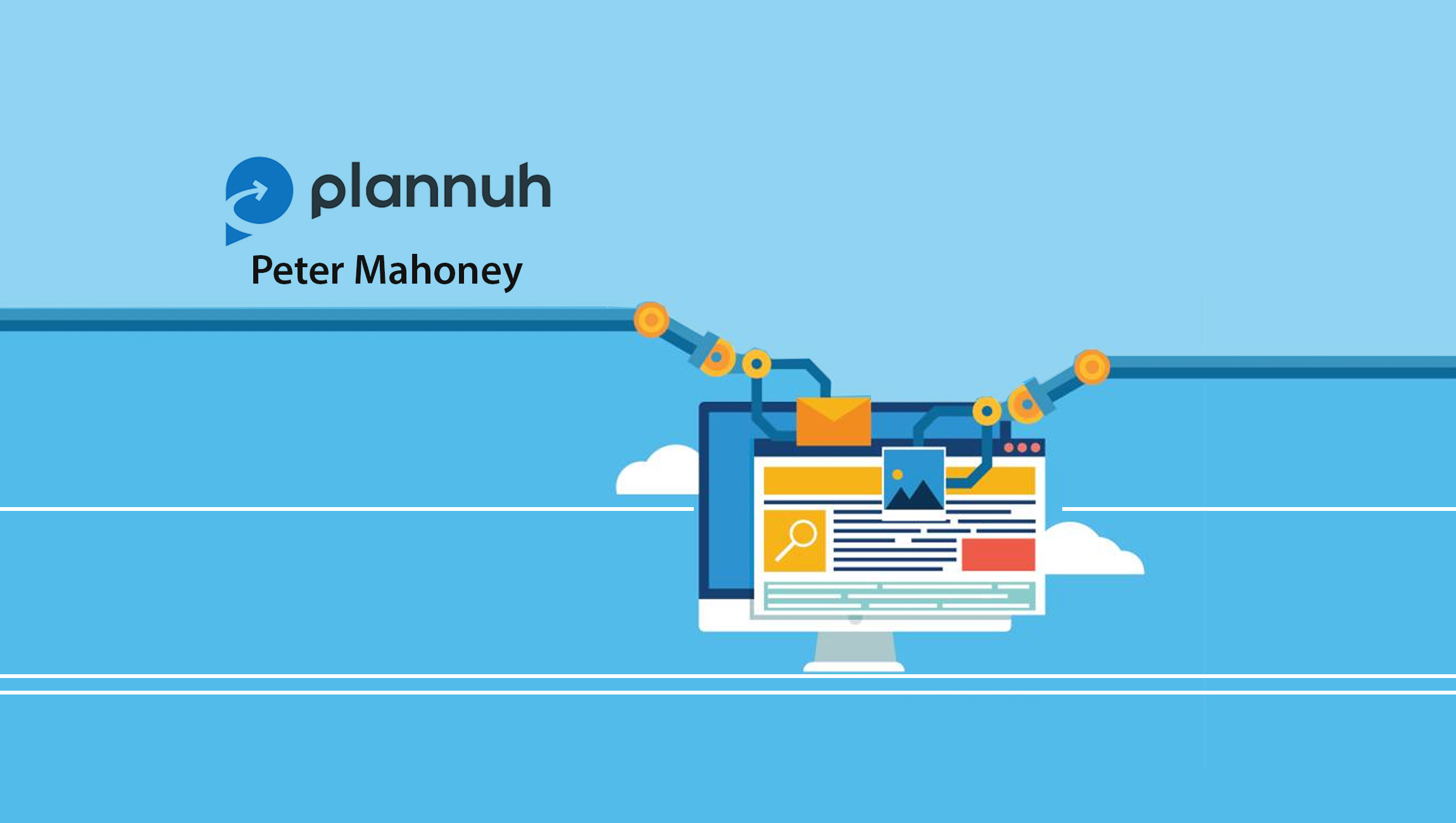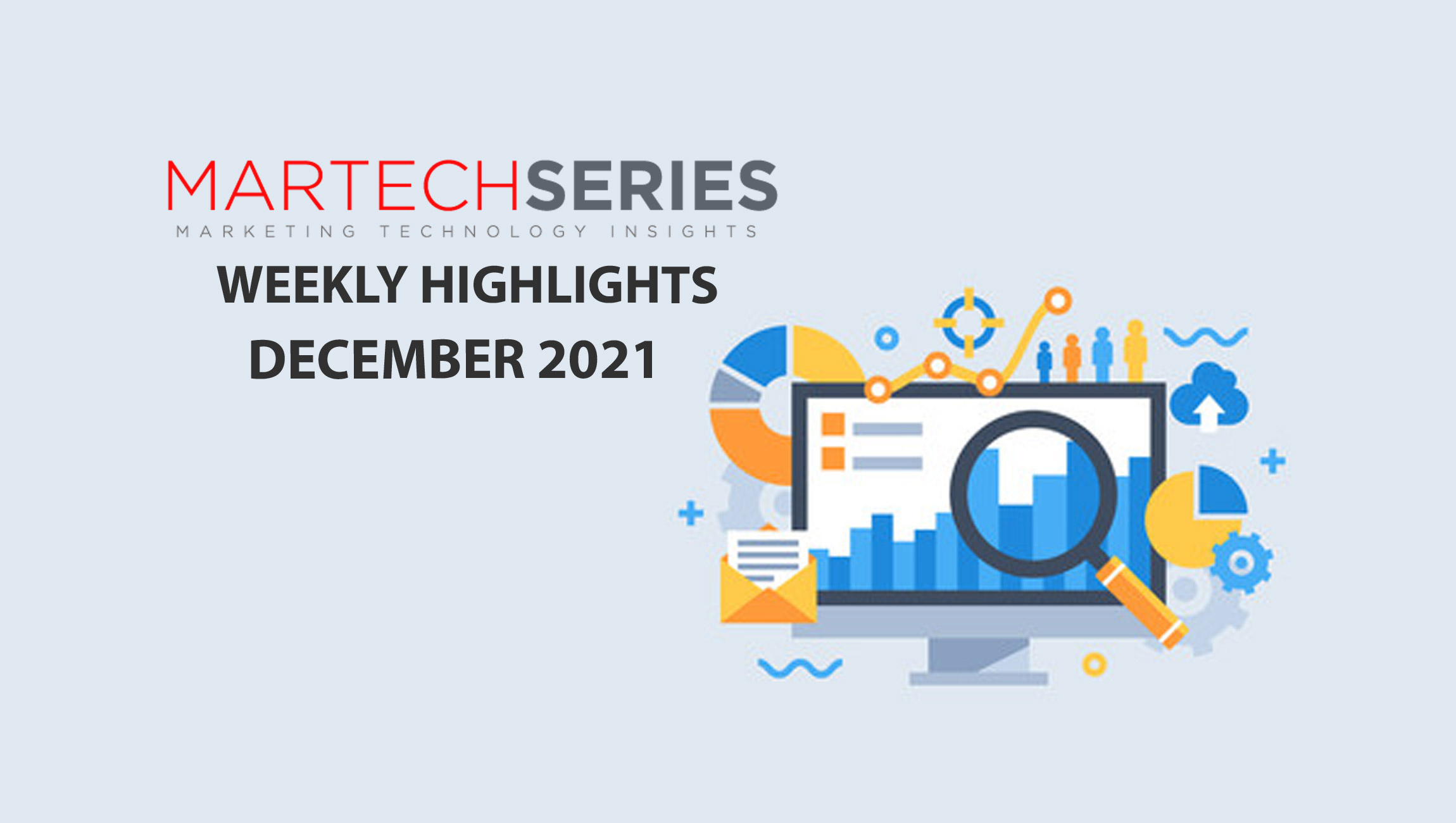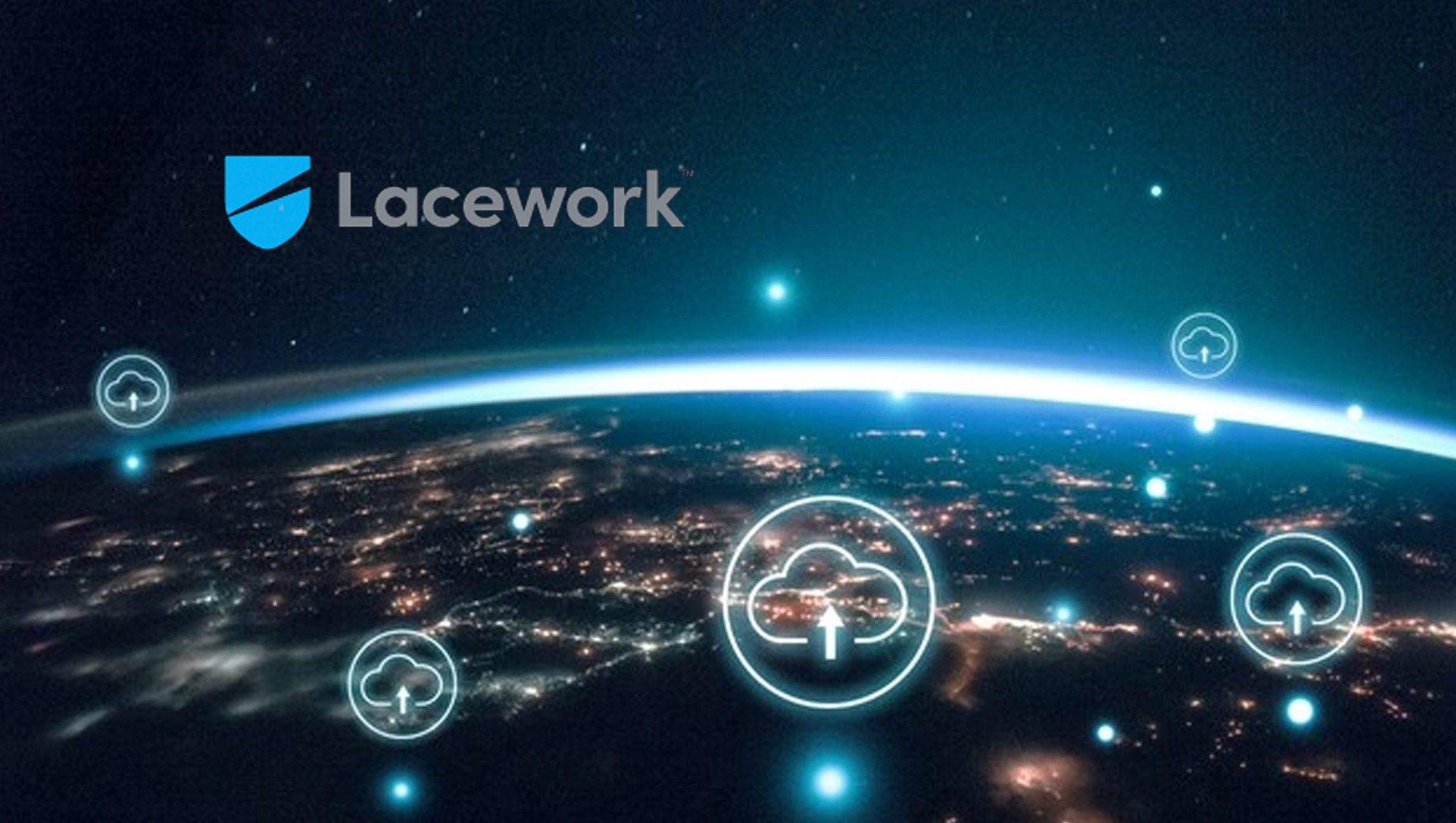In the past several years, marketers have embraced artificial intelligence technologies to automate a broad range of high-volume, data-intensive tasks from ad targeting to image manipulation. The next phase of AI in marketing has the potential to deliver a much larger impact as the focus shifts from the automation of single tasks to more complex business processes and workflows, and ultimately influencing marketing strategy.
Task automation using AI will continue to add value to marketers, but their benefits will be dwarfed by the intelligent automation of complex workflows.
Marketing Technology News: Backblaze Strengthens Leadership With Two New Board Members
The AI-driven marketing nav system
To understand the enormous difference between task automation and process automation, consider the evolution of automotive interfaces. In the early 2000s, we started to see basic voice automation in cars. The first systems leveraged simple AI to recognize commands that allowed you to set the temperature of the climate control system or change the radio station. Fast forward 20 years and your in-vehicle (or on-smartphone) navigation system will intelligently guide you through a cross-country trip, make recommendations to change your route based on traffic or weather conditions, remind you to stop and take a break, and constantly monitor systems and sensors within your vehicle and let you know when something needs your attention.
What would that kind of process automation look like to a marketing function? Imagine being able to define your marketing goals, metrics, and strategies and have an intelligent system provide guidance through your marketing journey, recommending your route (campaigns), alerting you when there is bad weather (your campaigns aren’t doing well, there are new competitive threats), making sure you get to your destination on time (your goals), and alerting you when systems are not performing at peak performance.
This analogy is a painful reminder that when it comes to operational execution of a marketing plan, most of us are still operating in the world of paper maps.
What will end-to-end AI-driven process automation look like for marketers?
An automated process would need to consider many steps, including:
- Capturing data. Marketing data is scattered across hundreds or thousands of data sources for most marketing teams. The first step in automation is the identification of the most important data sources that are required to build and manage your plan. This step might include integrations with CRM systems, ad platforms, and even optical character recognition (OCR) for gathering data from documents like reports and invoices.
- Labeling, enriching, and organizing data. Once the data is flowing into systems, it needs to be labeled and enriched with additional information so you understand which systems the data came from, what campaigns or goals they are related to, and how they fit into your overall plan.
- Triggering workflow steps. Incoming data must be compared to your plans to identify when key steps need to be taken in your workflow. This might mean increasing or decreasing funds allocated to campaigns, kicking off a creative development process to drive improvement, or requesting an approval for a new activity.
- Conversational assistance. Along your marketing journey, you might want to ask for specific assistance or recommendations, just like asking for nearby gas stations when you are driving in your car. In the case of a marketing process, you might ask where you can make adjustments to your plan to free up funds for an experiment, or you might request an impact assessment for a scenario plan.
- Forecasting. Like the navigation systems that forecast our arrival time to our destination, our marketing process automation system will be able to forecast our goal achievement as well as the performance of our individual campaigns. It will also forecast our use of funds to make sure that we use our financial resources within the predetermined limits, without leaving any on the table.
- Spontaneous recommendations. With a broad understanding of our plans, strategies, and current performance, this intelligent system will alert us when campaigns are performing outside of expected range, or if there are gaps in our plan based on our current strategy.
- Augmented intelligence. The collection of all of these capabilities might be described as augmented marketing intelligence, a system that supports the marketing leader with timely information and recommendations, coaches more junior team members, and watches your plan while you are sleeping to make sure that everything is on track to achieve your goals.
Marketing Technology News: MarTech Interview with Damien Mahoney, Co-founder and CEO at Stackla
The benefit of AI process automation for marketing
AI task automation has delivered fantastic value to marketers around the world, but the promise of end-to-end process automation is much more compelling. By combining the efficiency of task automation with the broad impact of process automation, marketers can not only deliver marketing at scale, they can also deliver the right marketing at scale.
Bringing it back to the automotive navigation metaphor, it’s like the difference between going for a drive around town (and potentially getting lost), and completing a multi-stop road trip on time, while avoiding a traffic jam, and never running low on battery charge as your intelligent assistant helpfully guides you along the way.











